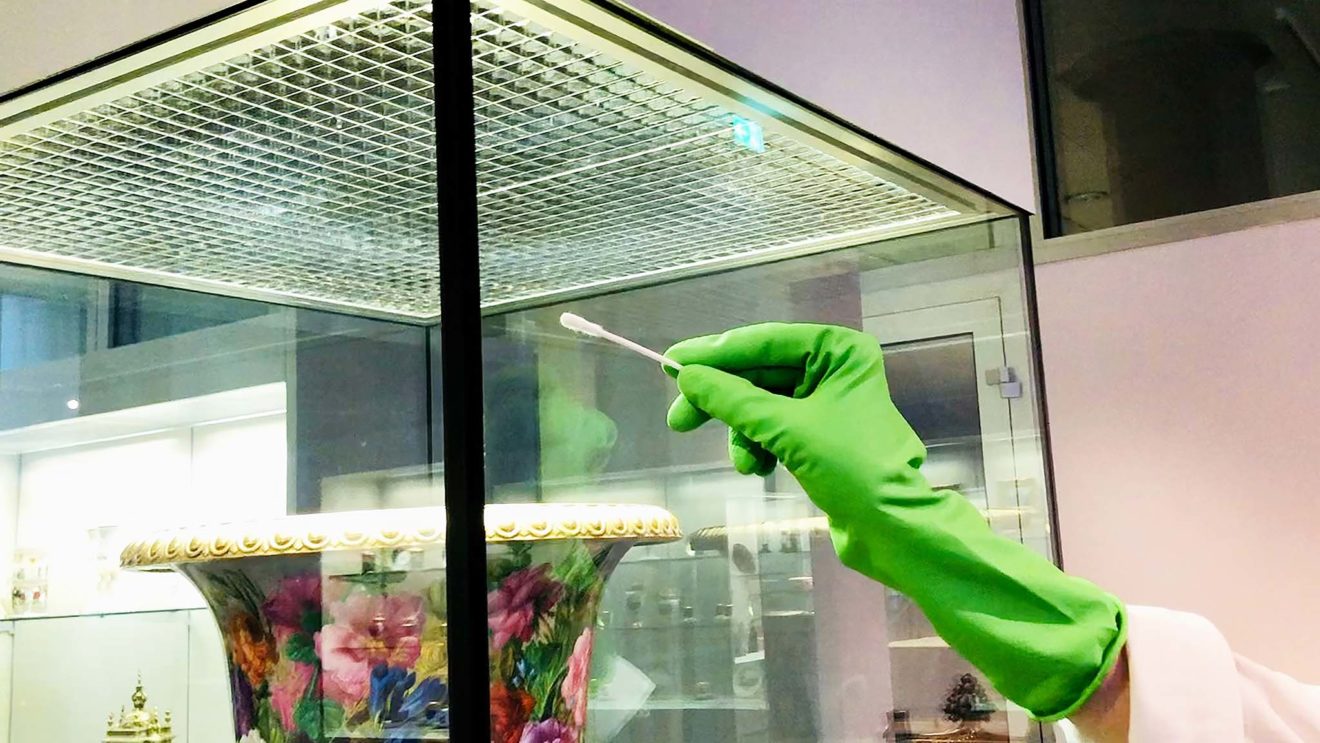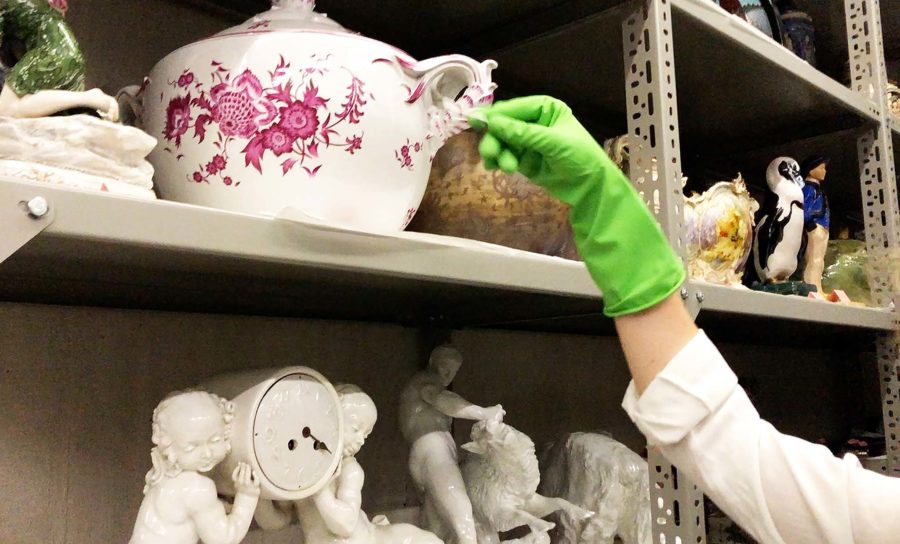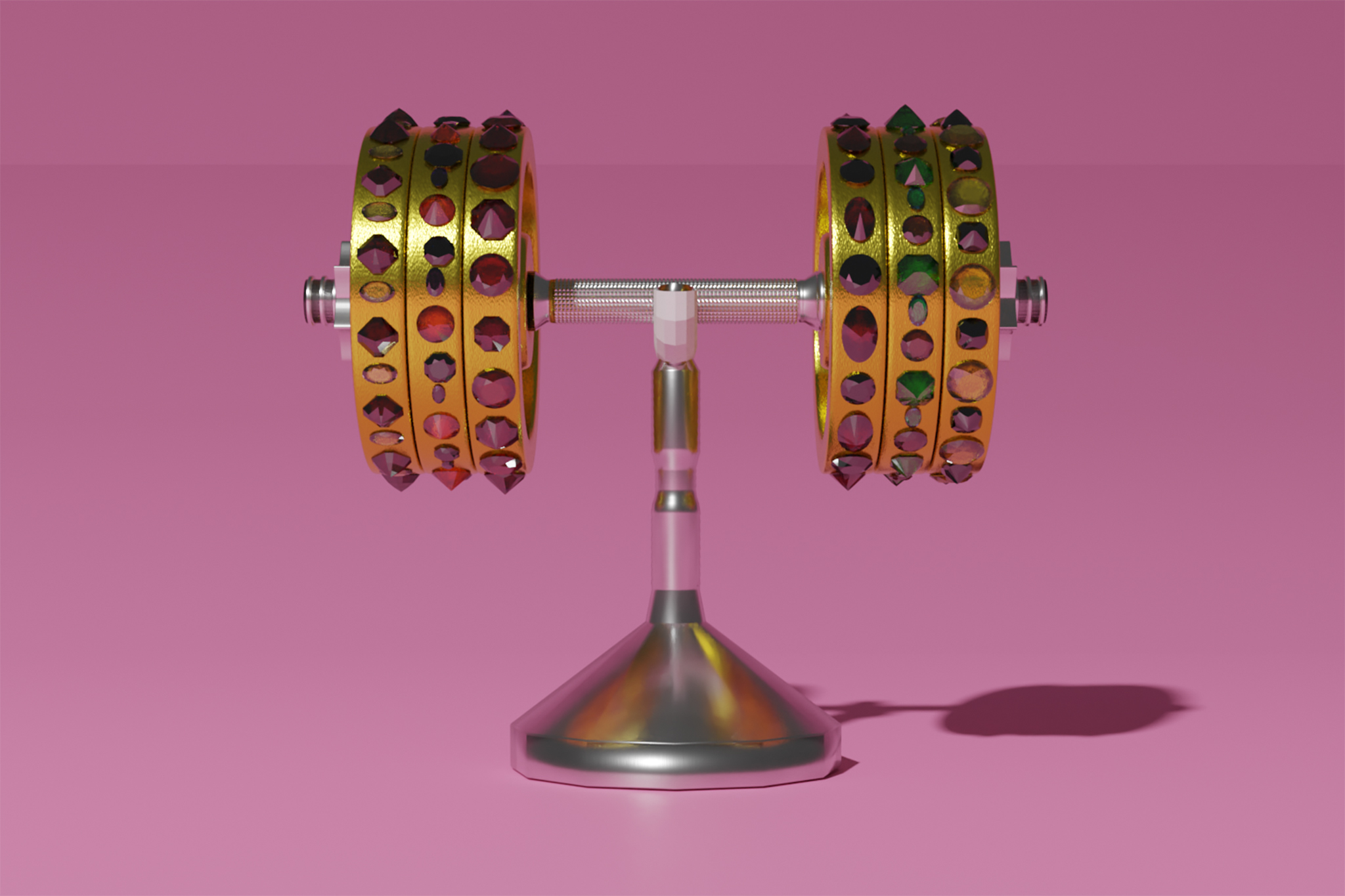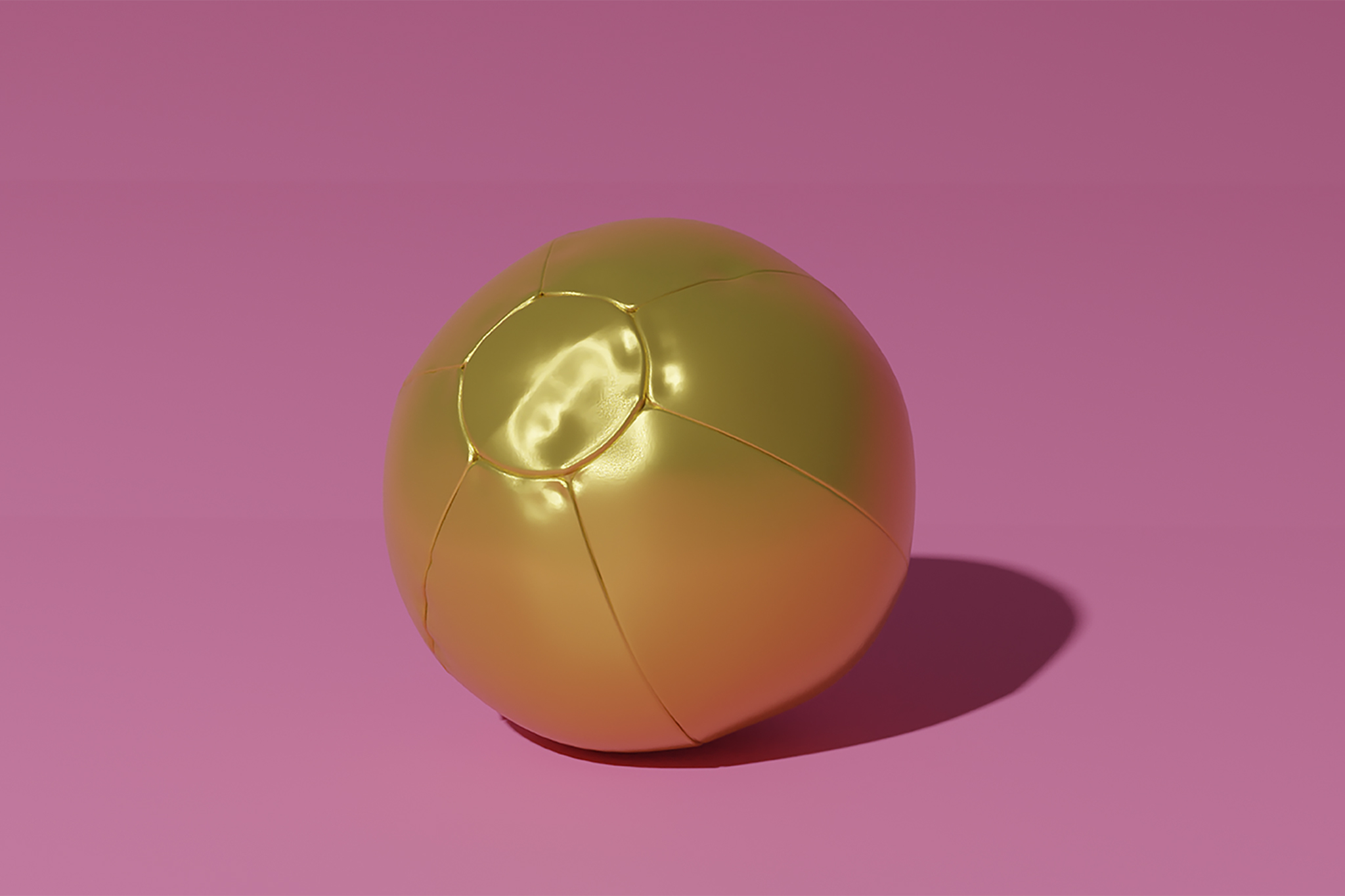05 Neobionten I & II - Design Lab #9
2020/21








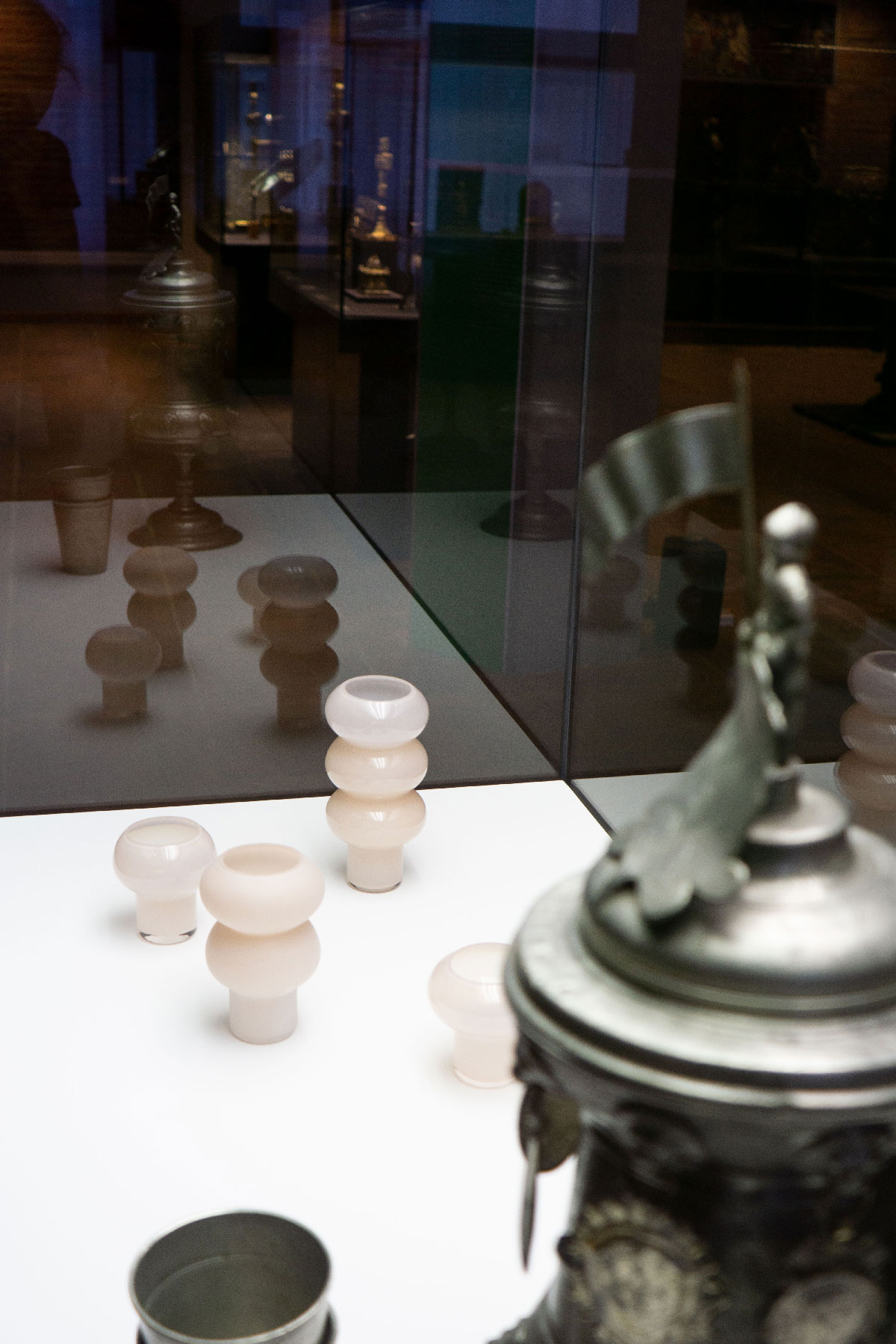





Lecturers_ Prof. Axel Kufus, Annika Unger, Anja Lapatsch, Prof. Dr. Sophia Prinz
Cooperation_ Museum of Decorative Arts Berlin
BA and MA students_ Roya Haupt, Jairo Cuicapuza, Catherine Wolter, Marla Gaiser, Moritz Knoll, Yule Post, Aurelia Lehmann, Katharina Matejcek, Emily Dietrich, John Lörinci, Pepita Neureuter, Paula Schwager, Theresa Schwaiger, Anna-Lena Windrich, Thea de Fouchécour, Lukas Dilger, Emma Mende, Esmée Willemsen, Sebastian Müller-Tiburtius
Cooperation_ Museum of Decorative Arts Berlin
BA and MA students_ Roya Haupt, Jairo Cuicapuza, Catherine Wolter, Marla Gaiser, Moritz Knoll, Yule Post, Aurelia Lehmann, Katharina Matejcek, Emily Dietrich, John Lörinci, Pepita Neureuter, Paula Schwager, Theresa Schwaiger, Anna-Lena Windrich, Thea de Fouchécour, Lukas Dilger, Emma Mende, Esmée Willemsen, Sebastian Müller-Tiburtius
Neobiota are species (plants, fungi or animals - in our case artifacts) that have become established with human influence in an area where they were not native before. Neobiota are usually characterized by typical traits such as adaptability, high multiplication rate, and often an association with humans. Some established neobiota exert a strong influence on the diversity of their new range.
On this topic, we are organizing Design Lab #9 in cooperation with the Museum of Decorative Arts in Berlin. The focus of the project is the transformation of the objects in the collection, so that they can find and establish themselves in new guises in present and future living spaces.
read more
On this topic, we are organizing Design Lab #9 in cooperation with the Museum of Decorative Arts in Berlin. The focus of the project is the transformation of the objects in the collection, so that they can find and establish themselves in new guises in present and future living spaces.
read more













